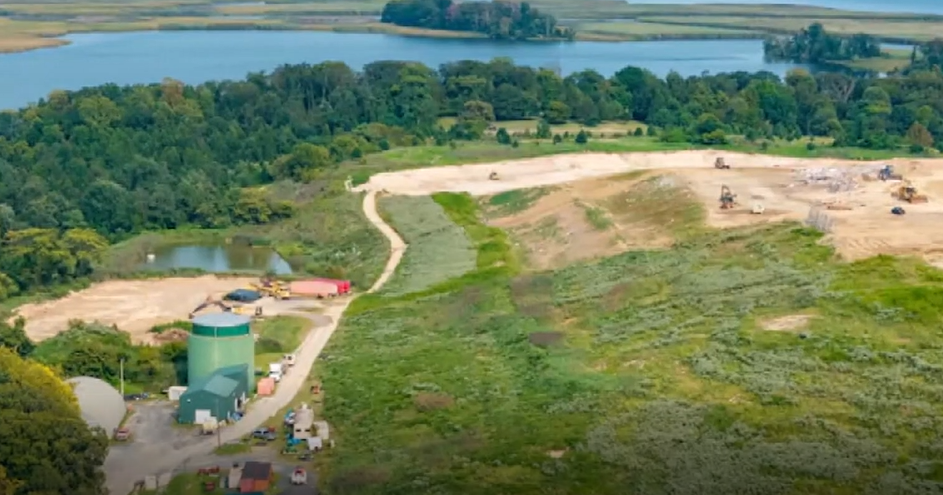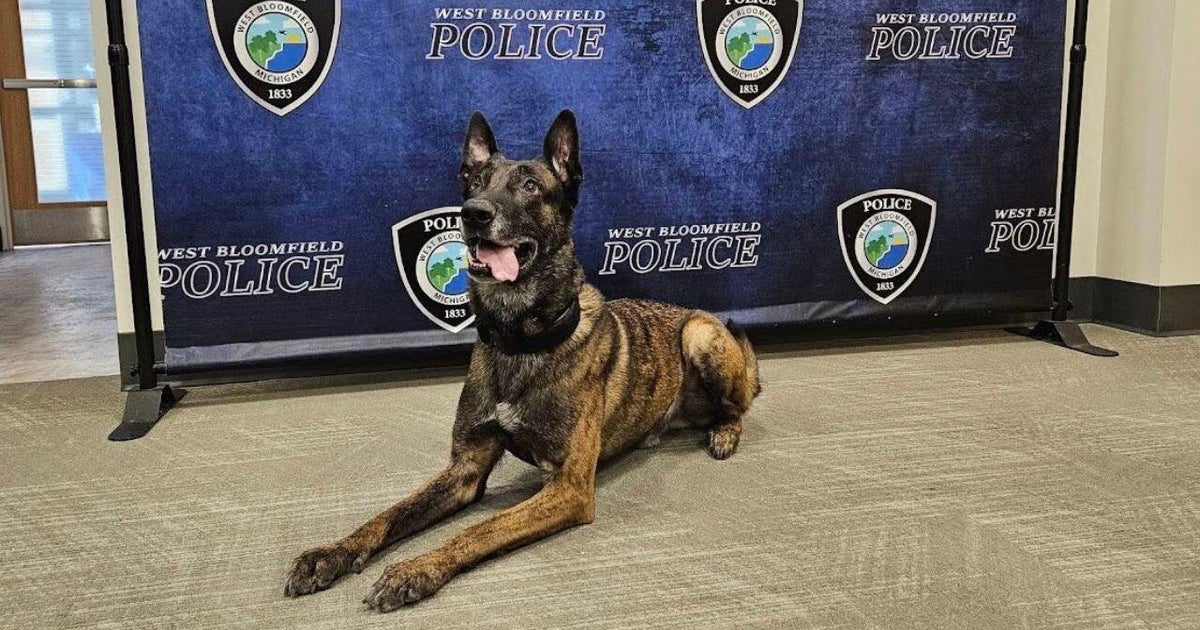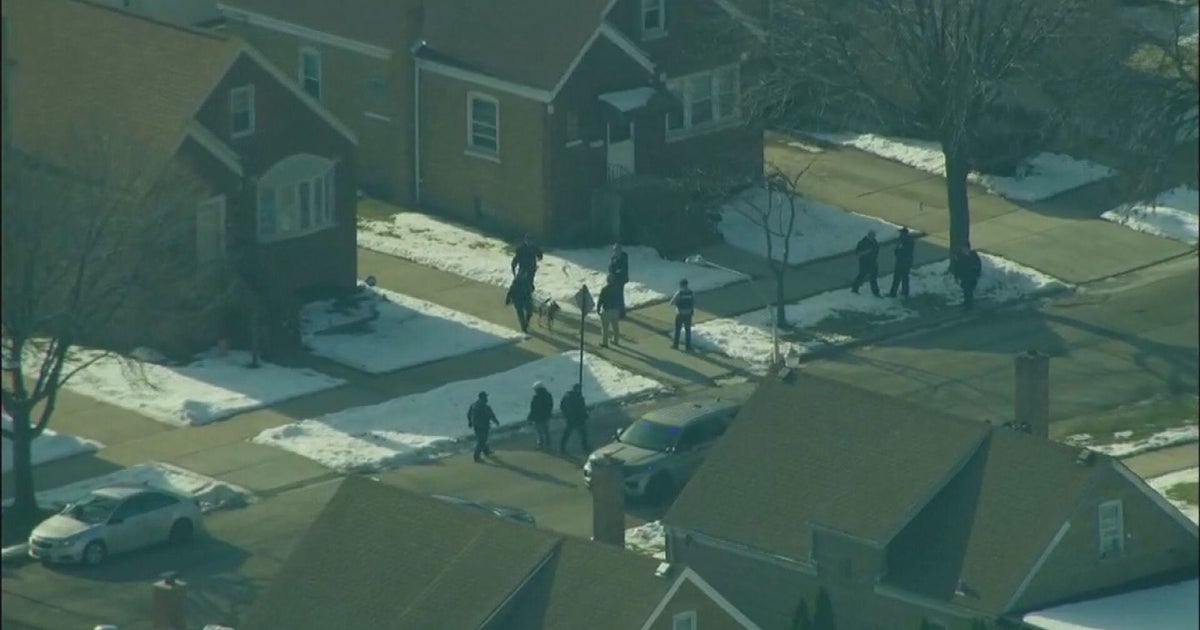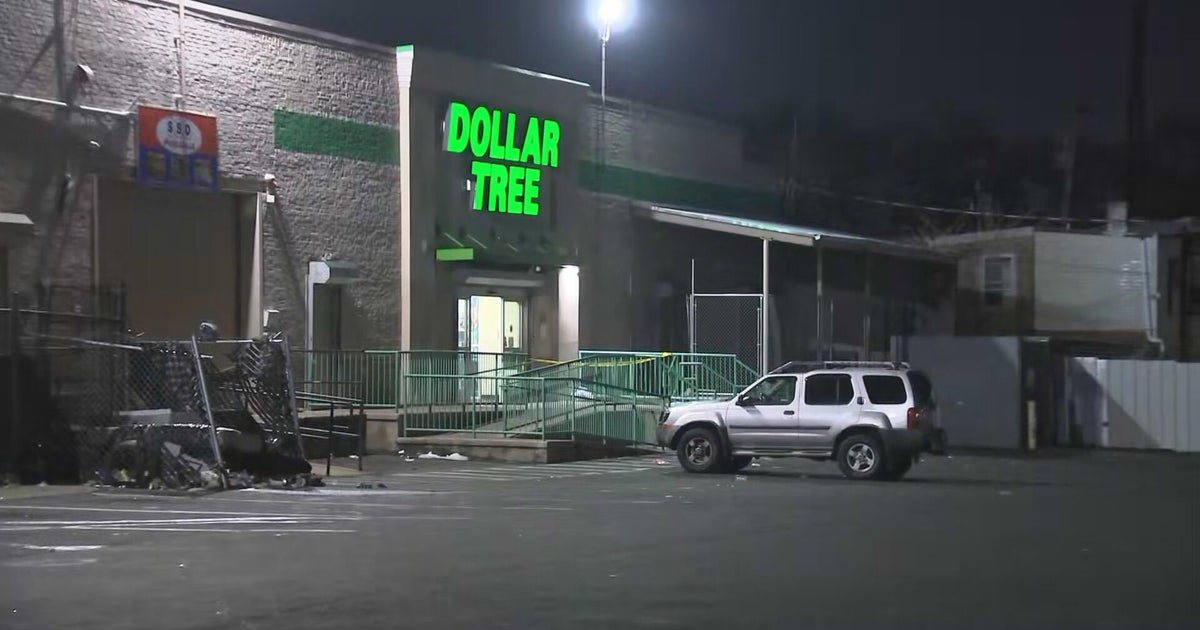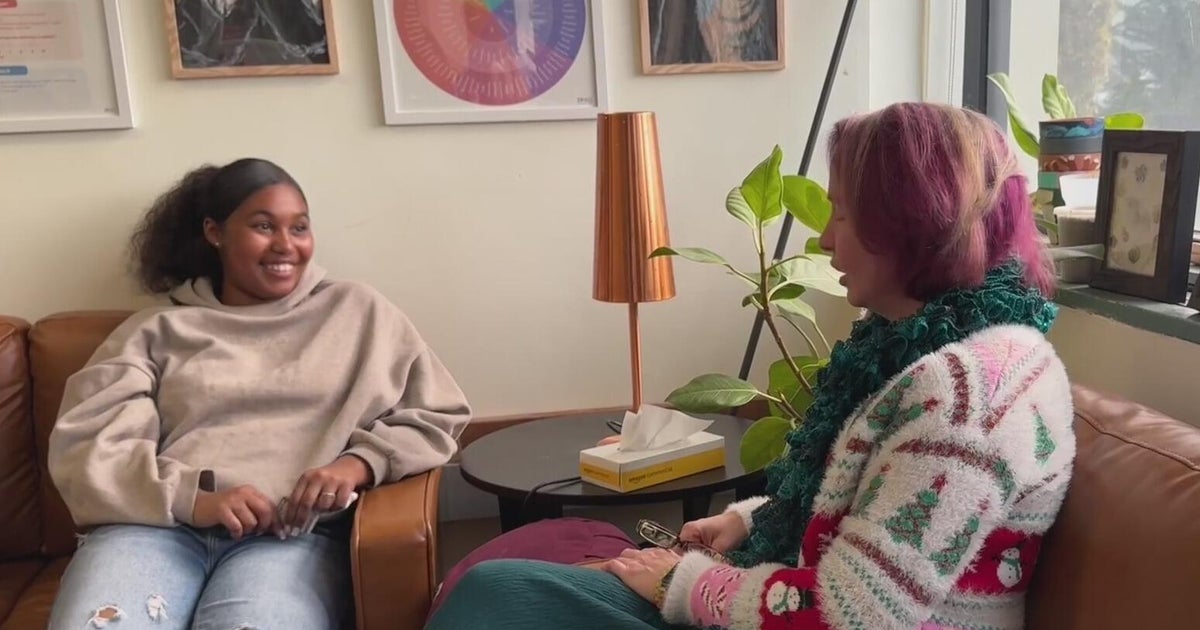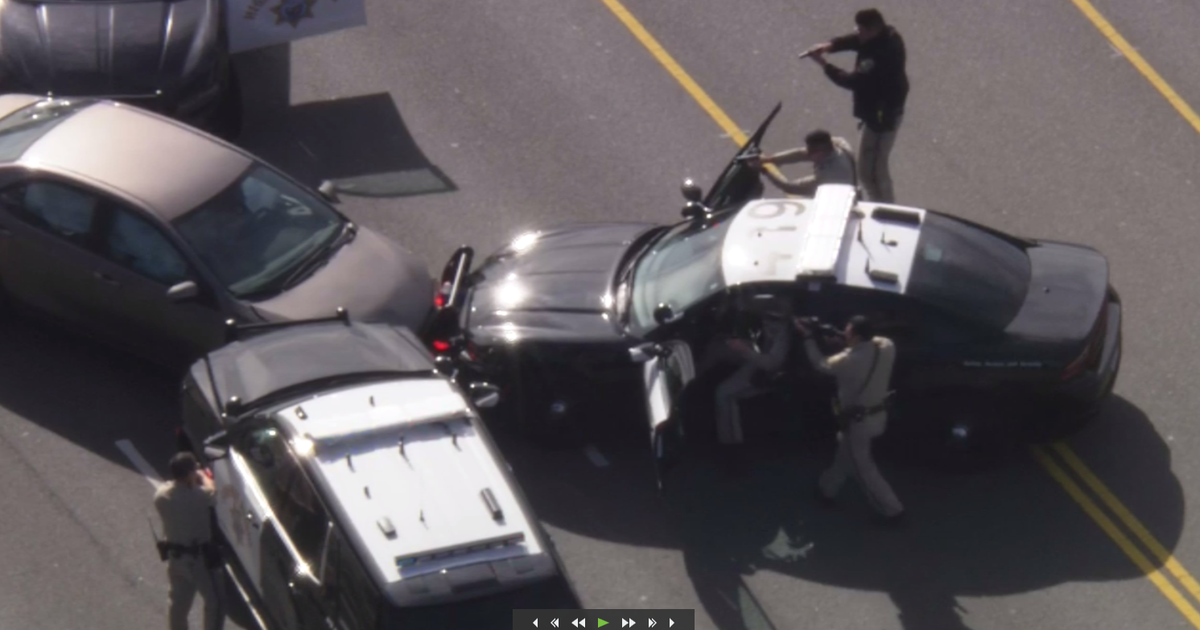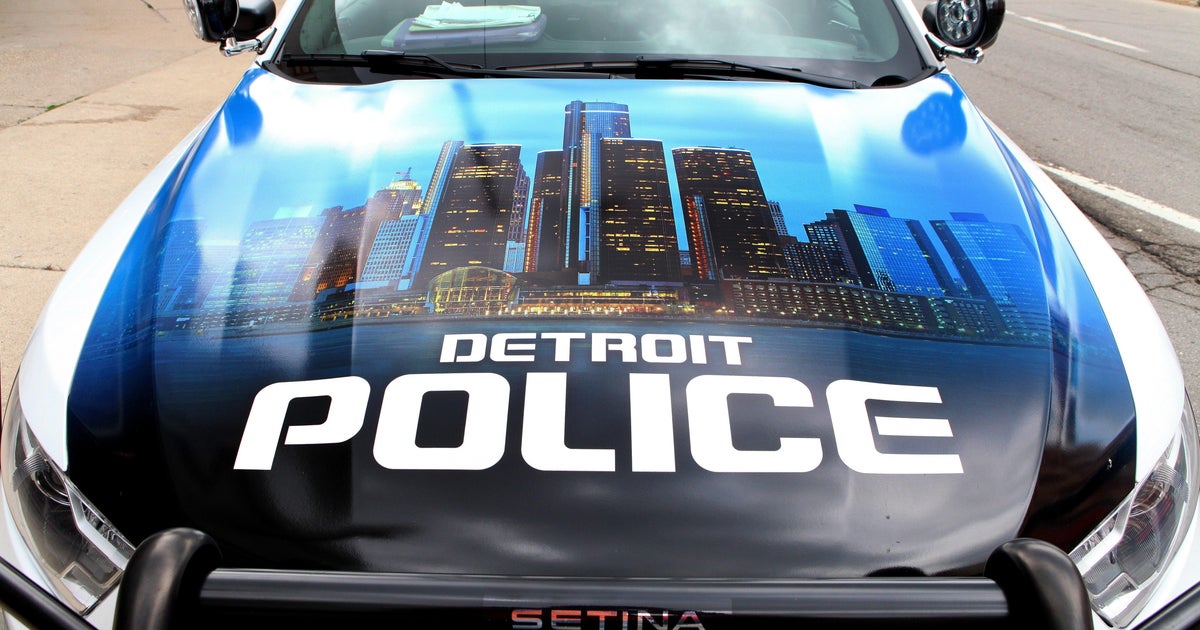How long will Baltimore police's federal oversight last in the aftermath of Freddie Gray's death?
The Department of Justice found police committed widespread civil rights violations after Freddie Gray's death and placed the Baltimore Police Department under federal oversight eight years ago to correct the problems.
The city has spent millions of dollars on police reform during that time, and while some say there is still a long way to go, the commissioner sees a transformed department.
On Thursday, April 17, the police department was found compliant in two areas of its consent decree -- the transportation of detainees and officer wellness.
Past problems
"That was bound to come because what they did to Freddie Gray was uncalled for," said Thomas Guinn, who lives in West Baltimore's Sandtown community.
Guinn remembers being hurt and angry over Freddie Gray's death in police custody. He believes that over the decade since, the way officers interact with the people they serve is getting better here.
"I've been victimized by police before, pulled over just because I'm a young Black man. Freddie Gray changed that. They give us much more respect now," he said.
Baltimore Police Commissioner Richard Worley told WJZ bluntly, "We're not the department we were in 2015."
"I think it shows that the men and women have changed the culture of the BPD to the point that now we are the guardians and not the warriors who go in and take the area by storm," the commissioner said.
Landmark report
A scathing Department of Justice report commissioned after Gray's death exposed the extent of the problems, documenting what many in the neighborhood where Gray grew up had been saying for years: Baltimore police engaged in "unconstitutional" policing with a "pattern and practice" of retaliation, excessive force and unconstitutional stops, searches and arrests—particularly targeting Black residents.
You can read that 2016 report here.
Among the outrageous violations detailed in the DOJ investigation:
- A woman was strip-searched and cavity-searched in public over a broken headlight.
- A man was tased multiple times and frisked without cause
- People detained for simply wearing hoodies
And that was before a 2017 indictment revealed the stunning abuses by the Gun Trace Task Force (GTTF), the specialized unit whose members robbed citizens and covered it up.
In court, testimony revealed the lead detective, Wayne Jenkins, took drugs looted from pharmacies and elsewhere in the unrest following Gray's death and sold them through his friend, bail bondsman Donald Stepp.
According to federal prosecutors:
"From 2015-2017, Stepp obtained significant quantities of narcotics from Jenkins and robbed citizens of their property, including drugs, cash, and watches.
To facilitate the robberies and drug trafficking, Jenkins brought Stepp to search locations in Baltimore City and Baltimore County, and falsely represented to other law enforcement agencies that Stepp was an officer with BPD. Jenkins would travel to Stepp's residence after he had robbed citizens and Stepp would store the stolen drugs in his tool shed. Stepp then sold the stolen drugs and returned hundreds of thousands of dollars in cash proceeds to BPD officers. Jenkins took a portion of the proceeds from the drug sales and paid other officers in the BPD who participated in the robberies with Jenkins and Stepp.
On December 14, 2017, law enforcement executed a search warrant at Stepp's residence and recovered approximately 423 grams of crack cocaine, 262 grams of cocaine, 14 grams of heroin, 28 grams of MDMA, digital scales, packaging material, a large sum of cash, and several high-value watches."
In June 2015, police blamed the looted narcotics on a surge in shootings and killings.
There would have been no Department of Justice investigation without Freddie Gray's tragic death.
WJZ Investigator Mike Hellgren: "Can you think of another incident that changed policing more than that one?"
BPD Commissioner Richard Worley: "For us, no."
The breaking point
"I think if it didn't happen at Freddie Gray, it would have happened at George Floyd," Commissioner Worley said. "I think it was bound to happen at some point. We were moving further apart from the community, as opposed to coming together with the community. And the police department and the city could never succeed when your police department and the community can't get along."
Worley said community engagement is a key component of reform, and morale among officers is better within the department today.
"It was really bad, and I think it has improved. Commissioner Harrison came in. He got us on the right track, and then he turned it over to someone from within the department," Commissioner Worley said. "And the fact that I came up through the ranks helped with morale. But I also had to prove myself because I was also here during the bad times, and I know when I went through those town halls, people thought we were going to revert to the old way, and were not going to revert to the old way. We want to provide a better police department, and I think that's what we're doing."
Body cameras, new transport policies, and a drastic reduction in arrests without probable cause are some of the successes.
"There have been changes, but I want to see more change, and I think I'm in good company," said Billy Murphy, who represented Gray's family.
WJZ Investigator Mike Hellgren: "Could you see it happening all over again?"
Gray family attorney Billy Murphy: "I don't think it can happen the way it happened in the Freddie Gray case because there are too many checks and balances that have been implemented."
Staffing challenges
James Bredar, the judge overseeing police reform, recently warned the department it was "playing with fire" because of severe understaffing.
That is a problem the commissioner acknowledges, being more than 500 officers down on a force that's smaller than when Gray was arrested. There were roughly 3,000 officers then. There will be almost 2,000 in 2025.
The biggest strides have been made in training and the transport of detainees.
Commissioner Worley believes federal oversight has turned a troubled department into a touchstone.
"Never did I ever think the Baltimore police department would be the agency that other agencies around the country and the world are coming to see how to do things right," Worley said.
How long is federal oversight?
Police Commissioner Worley is hopeful the judge will find the city fully compliant and remove Baltimore from federal oversight by the time his contract is up in 2028.
But there are no guarantees, and Judge Bredar has given no timetable on when he will find the city fully compliant.
You can read the consent decree agreement here.

